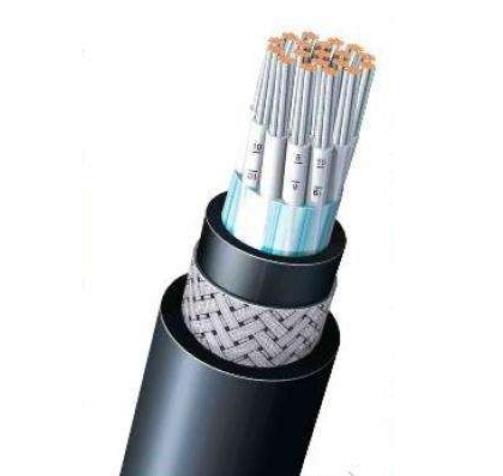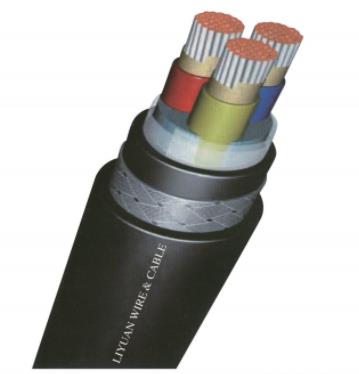

In modern ship engineering, the safety of cable systems is crucial. As an important power transmission tool for ships, marine flame-retardant control cables have a direct impact on the safe operation of ships in terms of fire resistance. With the continuous upgrading of ship technology, the fire prevention requirements for ship cables have become increasingly strict. In order to cope with complex fire environments, improving the fire resistance of marine flame-retardant control cables has become a key direction for technological innovation in the industry.
Through high-performance insulation layer design, the fire resistance of the cable is significantly improved, not only enhancing the overall fire resistance of the cable, but also strengthening the disaster resistance of the ship's power system.
In order to further improve the fire resistance of marine flame-retardant control cables, the research and development team has also innovated in the structure of the cables. Adopting a multi-layer structure design, the cable can effectively isolate the fire source in case of a fire, avoiding damage to the power transmission inside the cable. Each layer of the cable's structural material is a highly fire-resistant material that has been rigorously screened, capable of withstanding higher temperatures and maintaining the integrity and usability of the cable even after prolonged exposure to a fire source. The fire resistance of marine flame-retardant control cables is particularly outstanding in different working environments, whether it is in high temperature, humidity or corrosive environments of seawater, it can still maintain excellent electrical performance and efficient flame retardant ability.
The demand for cables on ships is increasing, and the application of flame-retardant control cables for ships is also becoming more and more widespread. From merchant ships to warships, from oil tankers to luxury cruise ships, ship cables play a crucial role in ships. For ships, the fire prevention capability of cable systems is not only a requirement for fire prevention, but also a protection for the lifeline of the ship. Any cable malfunction or failure in a fire may lead to the paralysis of the entire ship's power system, and in severe cases, even trigger a ship disaster. Therefore, improving the fire resistance of marine flame-retardant control cables is an important task in enhancing ship safety.


According to the evaluation of improving the fire resistance of marine flame-retardant control cables, the continuous application of new technologies has enabled the fire resistance performance of marine cables to reach international standards. Through experimental testing of different types of cables, their reliability has been verified in extreme high temperature, flame immersion, and strong corrosive environments. These tests indicate that the fire resistance of marine flame-retardant control cables performs well in dealing with maritime fires and can provide long-term electrical protection for ships. These cables can maintain stable operation even in common power system faults such as overload and short circuit, providing valuable emergency response time for crew members. The fire resistance of marine flame-retardant control cables has been significantly improved, which not only meets national and international standards, but also adds a solid barrier to the safe operation of ships.
With the continuous development of technology, the fire resistance of future marine flame-retardant control cables will be further improved. Both material innovation and cable structure optimization will further enhance the fire safety of ships. Through continuous research and innovation, flame-retardant control cables for ships will become an indispensable and important component of the ship's power system.